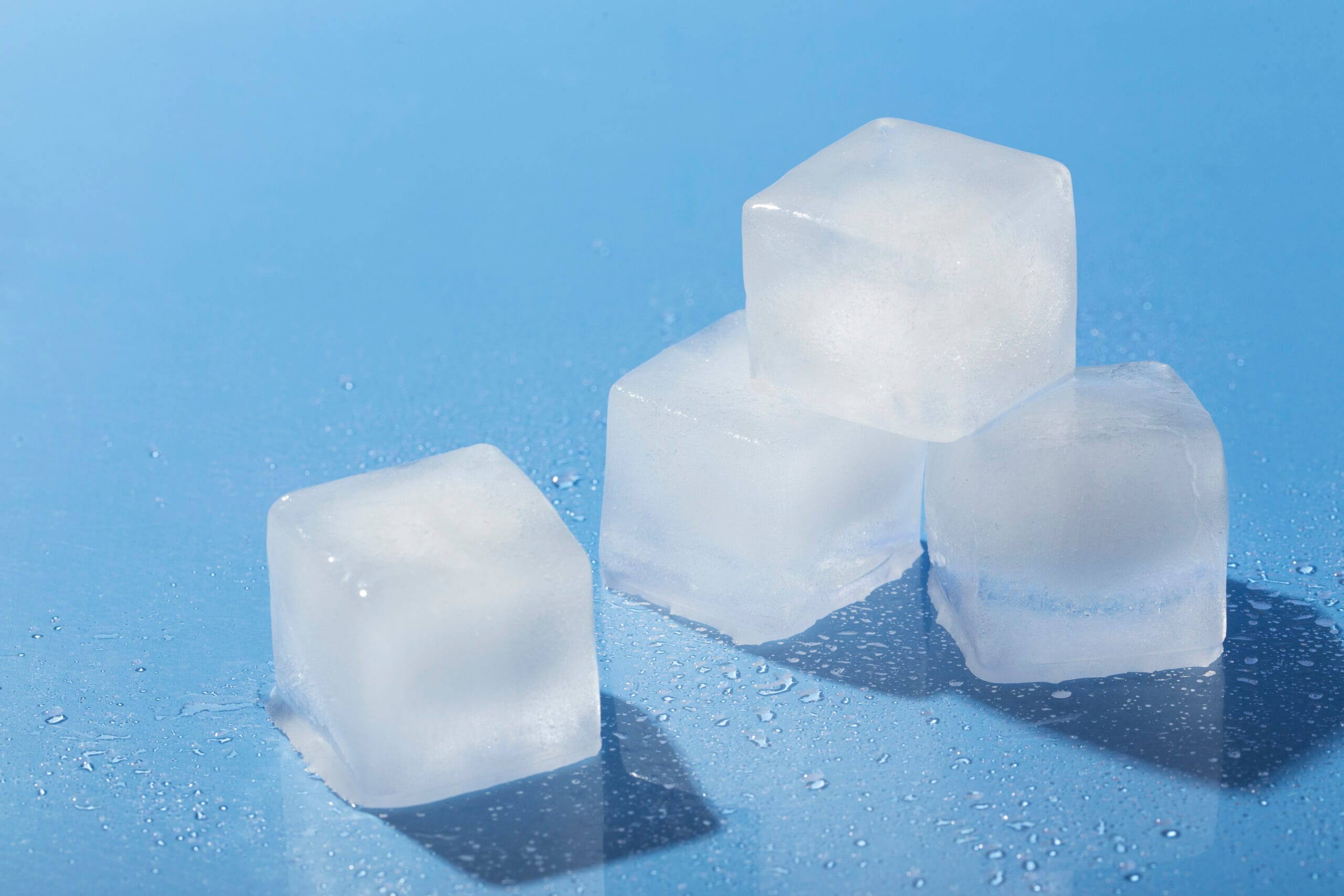
The Health Risks of Chewing Ice: Myth or Fact?

During hot weather, cold drinks with added ice cubes are often seen as a refreshing way to cool the body and bring comfort. However, there are various beliefs surrounding the habit of consuming or chewing ice. Some claim that it can be harmful to health, while others believe it is harmless and simply provides enjoyment to those who do it. So, is chewing ice truly harmful to health, or is it merely a myth? To find the answer, let’s take a closer look at the following article.
- Understanding Pagophagia, the Habit of Consuming Excessive Ice Cubes
- Health Risks of Pagophagia
- When Should You Be Wary of This Habit?
Understanding Pagophagia, the Habit of Consuming Excessive Ice Cubes
The habit of excessively consuming or chewing ice is medically known as pagophagia. The exact cause of this condition is not yet fully understood, but several scientific sources suggest it may be linked to iron deficiency, psychological disorders, sensory habits, or other medical conditions. However, it is also not entirely clear why iron deficiency is so strongly associated with the urge to chew ice. One possible explanation is that individuals with iron deficiency experience reduced oxygen delivery to the brain due to low hemoglobin levels in the blood, which can lead to symptoms such as fatigue, difficulty concentrating, and mental exhaustion.
Interestingly, a study found that chewing ice can temporarily improve mental fatigue in such individuals. In cases involving psychological disorders, pagophagia is believed to serve as a coping mechanism to relieve stress or manage emotional difficulties.
Health Risks of Pagophagia
Although it may seem trivial, pagophagia can pose serious health risks, such as electrolyte imbalances. This can occur either due to excessive intake of cold fluids or as a result of habits that disrupt the body’s internal balance. Such imbalances may lead to hyponatremia, a condition where the sodium levels in the blood become dangerously low.
The symptoms of hyponatremia can range from mild to severe, including nausea, seizures, and even coma. However, it is important to note that the likelihood of developing hyponatremia depends on the amount and frequency of ice consumed. This condition typically occurs in extreme cases where a person consumes very large and continuous amounts of ice.
In addition to electrolyte disturbances, pagophagia may also contribute to metabolic disorders, particularly when it is associated with nutritional deficiencies or untreated medical conditions.
When Should You Be Wary of This Habit?
Given these potential risks, it is important not to underestimate pagophagia, especially when it is practiced excessively and persistently. In certain contexts, this habit may reflect an underlying medical issue that requires attention. Therefore, if you find yourself frequently craving or chewing ice, especially when accompanied by other health symptoms—it is advisable to seek medical evaluation to determine the root cause.
Don't miss other informative articles from IML Research to keep you updated on the world of laboratories and healthcare. Follow us on Instagram at @imlresearch for more educational content.
Referensi :
Akbaba, A., Bogan, M., Karakeçili, C., Boğan, F., & Sultanoglu, H. (2023). Pagophagia-Induced Hyponatremia: An Unusual Case. Sudan Journal of Medical Sciences, 18(3). https://doi.org/10.18502/sjms.v18i3.14090.
Bedanie, G., Tikue, A. G., Thongtan, T., Zitun, M., & Nugent, K. (2020). Pica/Pagophagia-Associated Hyponatremia: Patient Presenting With Seizure. Cureus. https://doi.org/10.7759/cureus.9330.
Borgna-Pignatti, C., & Zanella, S. (2016). Pica as a manifestation of iron deficiency. In Expert Review of Hematology (Vol. 9, Issue 11). https://doi.org/10.1080/17474086.2016.1245136.



